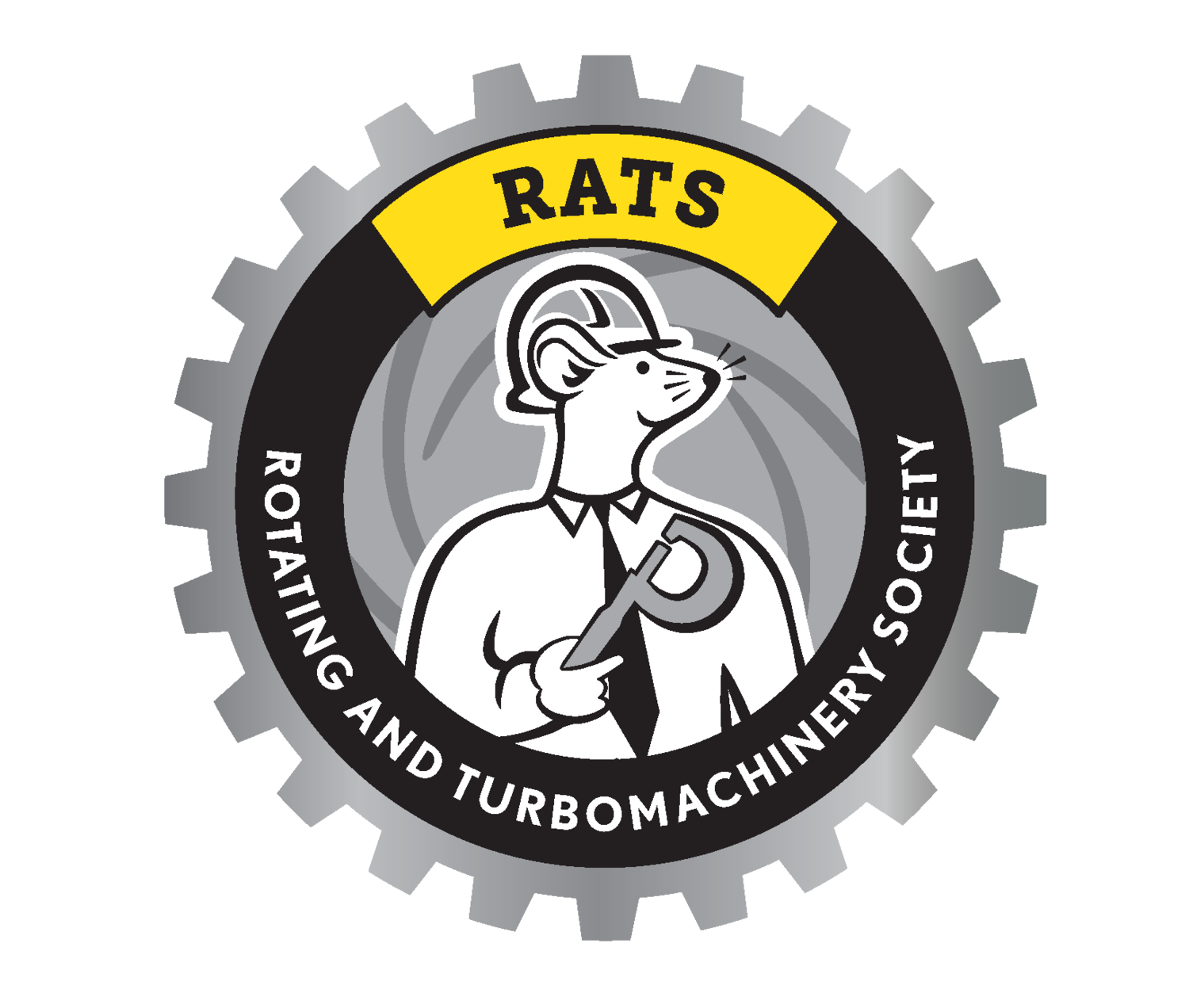Topic:
Mechanical Seal Basics & Seal Support Systems
Presenter(s):
-
Ananth Kumar is Chief Engineer for John Crane Canada. He has a total of 43 years of pump and seal experience, having been involved in design, commissioning, trouble shooting and training. He has worked with Pump and Seal manufacturers around the world and has been with the Engineering group in John Crane Canada for the past 23 years. Ananth has a Master’s degree in Mechanical Engineering and is a registered Professional Engineer in the Province of Ontario.
Details:
Full-day (8-hour) interactive workshop
Exact time: 8:00AM to 5:00PM
Description:
This training course is intended to meet the learning needs of End User, OEM & Contractor personnel working with rotating equipment, such as centrifugal pumps used in the process industries. The course will focus on basic and advanced concepts with the aim of providing attendees with a working knowledge of Mechanical Seal Basics (Morning) and Sealing Support Systems (Afternoon).
Key objectives of the course include:
Understand the fundamental principles of mechanical seals and support systems used in rotating equipment
Overview of mechanical seal engineering principles
When would you select a single seal, dual unpressurized seal, dual pressurized seal, a seal with a ‘back-up’ containment seal and what are the appropriate piping plans for each.
Solving mechanical seal reliability issues where miss-selection of seals and/or seal system piping plans could have or did result in unreliable or troublesome operation.
Conduct a detailed observation analysis to identify and resolve mechanical seal failures associated with rotating equipment
API Piping plan overviews and best practices for the most common types of mechanical seal support systems
Understand and be able to apply the latest sealing technology used on process applications
Be able to adopt safe working practices at all times when working with mechanical seals and support systems
Understand the importance of mechanical seal performance for overall process plant reliability

